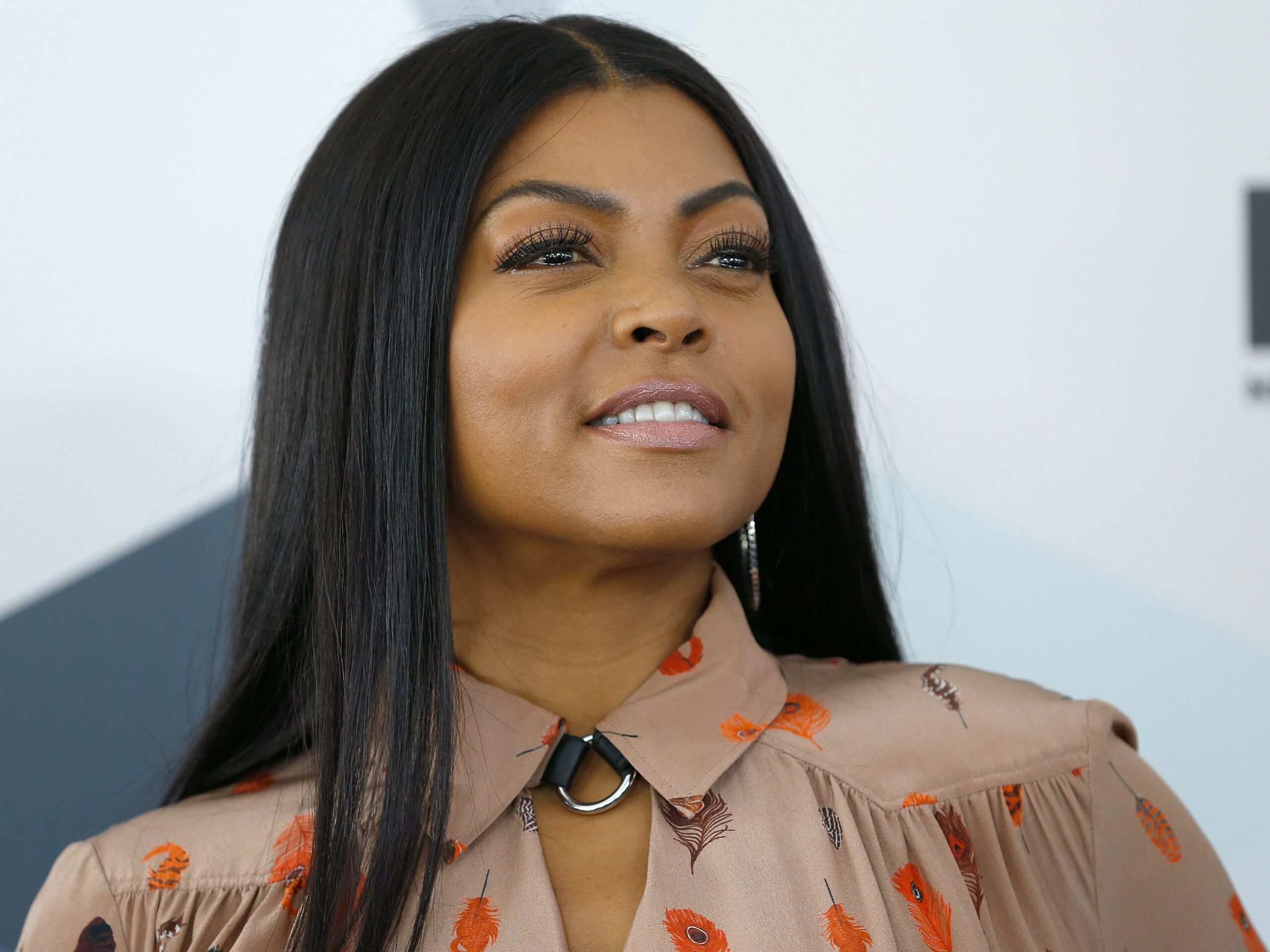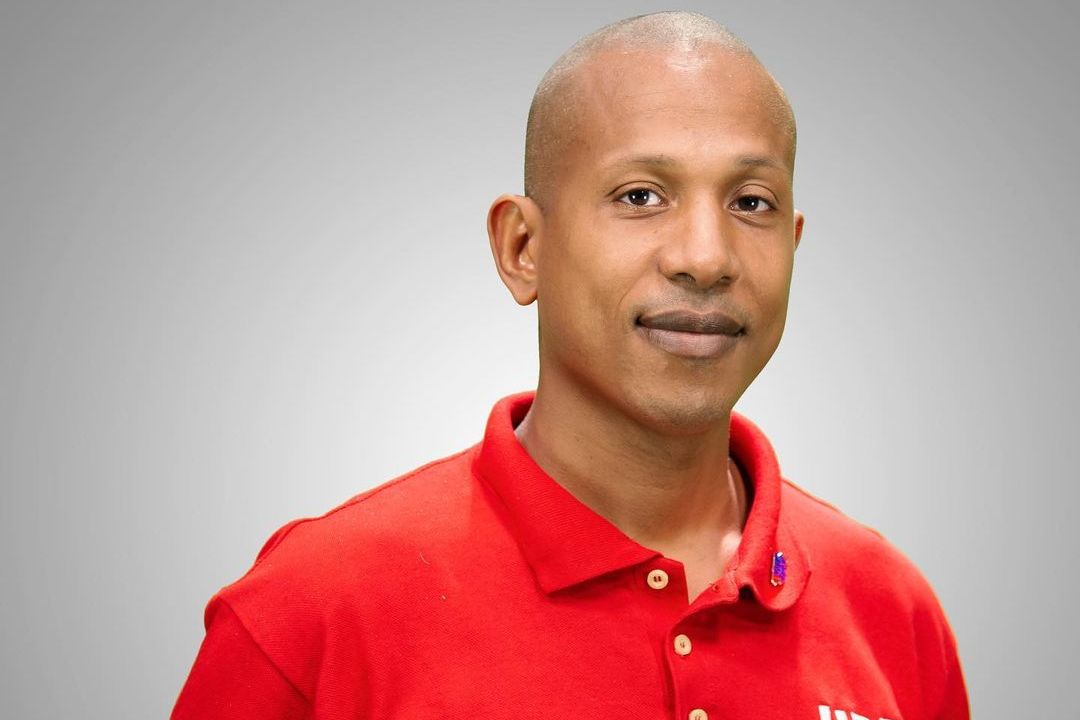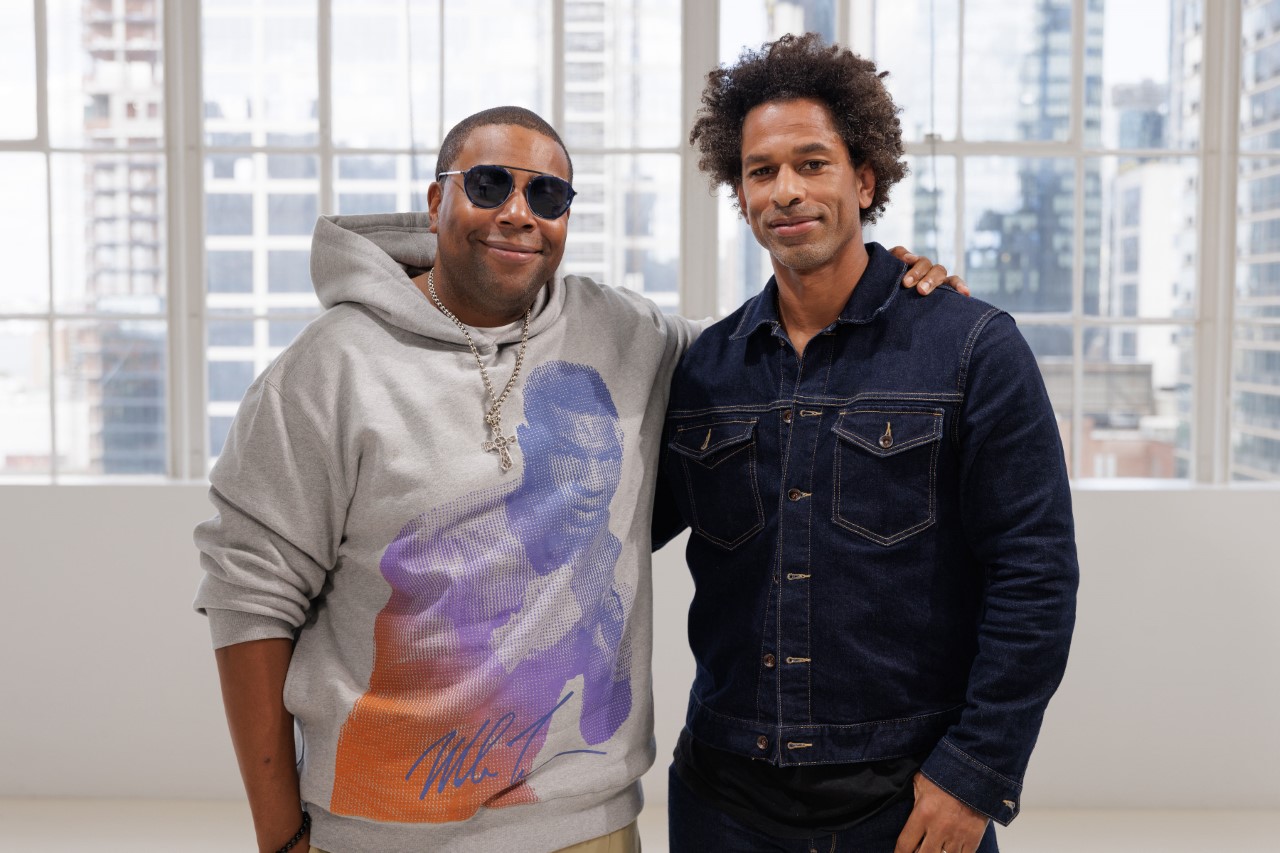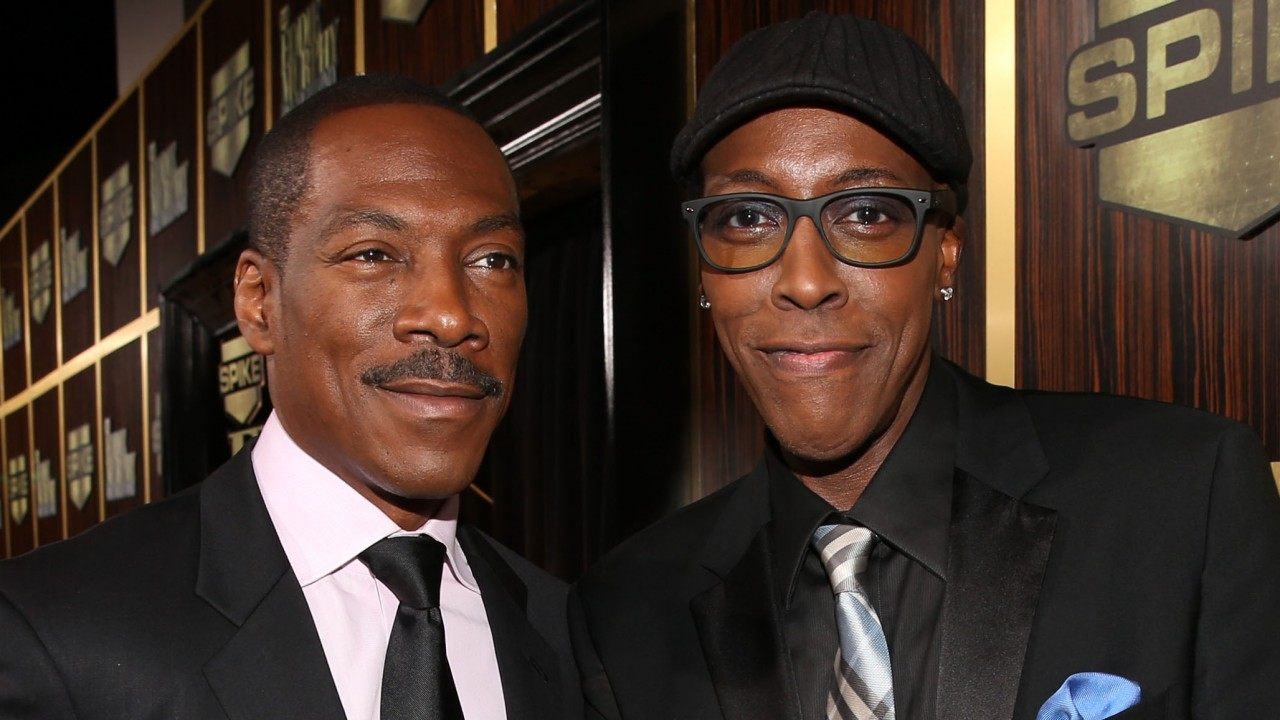Taraji P. Henson opens up about her depression and anxiety in a recent interview with Self.
Henson shares her experience with mental health and how she made a life-changing decision to seek help. This, contrary to the 49-year-old actress being known for playing strong roles such as Cookie Lyon on Fox’s “Empire.”
“I noticed the mood swings, like one day I’d be up and the next day I’d be down, feeling like I don’t want to go out in public. Almost agoraphobic, like, ‘Ugh, too much to deal with,’” said Henson. “Feeling really awkward in my skin, feeling out of sorts. And just down, like Debbie Downer, like a dark cloud.” Sharing, “I’m the life of the party and when I go dark, I go dark. I don’t want to leave the house.”
Henson’s family and friends recommended outlets for depression, such as yoga, but she felt it would not help her condition.
“I had aligned all my chakras, and I still wanted to head-butt a b****,” Henson quipped. “The therapy came into play out of necessity. It was [a] time where I was like, ‘Oh, I’m just not feeling like myself anymore,’ and my son was going through his issues with becoming a young black male in America with no dad and no granddad. It was like, ‘Okay, I’m not a professional. We both need help.” (Henson’s son’s father was murdered in 2003; her own father died in 2006.)
Taraji, felt a sense of relief sharing her encounter with anxiety because she knows other people suffer from mental health, and finding a therapist who understood her problem helped her on her journey to wellness.
“In the African-American community, we don’t talk about mental health. It’s a stigma surrounding it,” she explained to Self. “We’re just not allowed to be vulnerable, we have to be strong all the time. This is 400 years of damage, 400 years of trauma, that we have not dealt with.”
To promote awareness of mental health, Henson founded The Boris Lawrence Henson Foundation and named after her late father, who she believes was bipolar.
The foundation exists to decrease the rate of suicides and to connect with non-profits and schools. Also, it is to help children feel okay talking about their trauma.
“We have to deal with these traumatic situations [that children experience], and these teachers and therapists and social workers need to be trained in cultural competency to be able to pinpoint [when a] child is having an issue that’s deeper than just wanting to be bad in class.”
I applaud Henson for getting the help she needed and educating the community through her experiences and foundation.
By: Aaliyah Ford
Featured Photo: Getty Images






